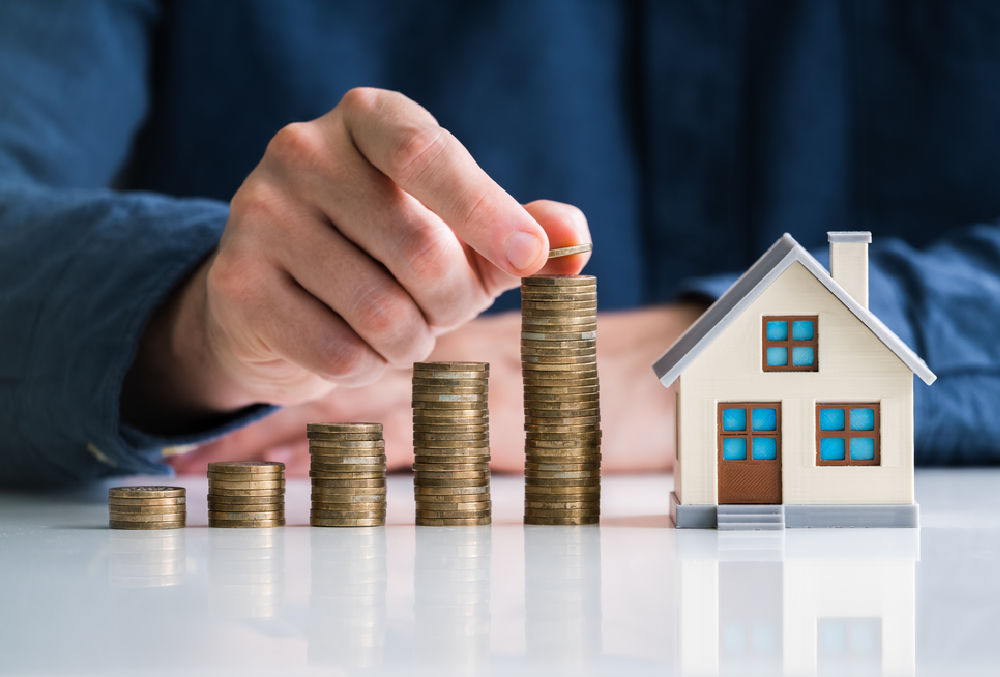Filing for bankruptcy is an important step for many individuals looking to overcome debts. Many people considering this option wonder what will happen to their investment real estate if they file. Your investment real estate’s outcome depends entirely on whether you file for Chapter 7 or Chapter 13 bankruptcy.
Investment Real Estate in Chapter 7 Bankruptcy
Chapter 7 bankruptcy is a great option for those looking to discharge eligible debts. The process involves liquidating non-exempt assets property to pay creditors. There are protected exemptions in Chapter 7 bankruptcy that allow you to retain certain real and personal property.
The homestead exemption in Indiana allows homeowners to exempt up to $22,750 in home equity or another form of personal property. The homestead exemption can protect different types of homesteads such as a traditional home, mobile home, trailer, or farm, but it does not protect equity in investment property. If you don’t live inside of the property, you will not receive a homestead exemption for it. For example, if you have a property you rent out to others, you will not be able to retain equity through the homestead exemption.
Surrendering Investment Real Estate in Chapter 7 Bankruptcy
One benefit of filing Chapter 7 bankruptcy is that you can rid yourself of the property (and debt) easily in the event that you owe more on the property than it’s worth. You can surrender the property to creditors and discharge the debt associated with the investment property. Essentially, you can give the property back and walk away not owing anything additional to the creditor.
Investment Real Estate in Chapter 13 Bankruptcy
If you hold any substantial equity in your investment property, you likely won’t want to file for Chapter 7 bankruptcy. Chapter 13 bankruptcy allows you to retain your investment real estate. Instead of surrendering or liquidating the property, you repay part of your debts over time through a Chapter 13 repayment plan.
Although this may sound more appealing if you own equity in your investment, there are critical factors you need to consider before filing. When filing under Chapter 13, you’re required to pay unsecured creditors — meaning they can’t recover physical property as collateral — the liquidated value of your nonexempt property. If there is non-exempt equity in your investment property you will need to pay creditors the value of that equity (minus estimated costs of sale). If you hold a great deal of unprotected equity, the amount you’ll need to pay in your Chapter 13 repayment plan can increase. In a Chapter 13 plan, you will have up to five years to pay these amounts back to creditors before receiving a discharge on the remaining balances of debt.
Investment Property Arrearages
In the event that you’ve missed payments on your investment property, you can pay back what you owe through a Chapter 13 repayment plan. The benefit of doing this is that you can pay it back over the course of three to five years rather than a lump sum, and you can avoid foreclosure as long as you are up to date with future payments and your Chapter 13 plan payment.
Chapter 13 Cramdowns
Some investment real estate properties qualify for cramdowns. When filing Chapter 13 bankruptcy, you can request for a judge to reduce the amount you owe based on the property’s value. If you owe $300,000 on an investment but it’s now only worth $250,000, a cramdown will reduce the amount you owe to the property’s value, $250,000 in this example.
The reason why most bankruptcy filers avoid cramdowns is that you’re required to pay back the loan within your Chapter 13 repayment plan. This means you’ll only have three to five years to pay whatever you owe on your mortgage. Additionally, you’re only allowed to cramdown a property that you don’t live in, so you can’t receive a cramdown for your residential home.
Contact an Indianapolis Bankruptcy Attorney
Filing for bankruptcy is often confusing and challenging. Fortunately, a bankruptcy attorney can assist you through the process. For experienced bankruptcy attorneys in Indianapolis, contact the lawyers at Sawin & Shea. Our legal team has assisted numerous Indiana residents with overcoming debt through bankruptcy. Whether you’re considering filing Chapter 7 or Chapter 13, we can help you through the entire procedure. Take the first step in becoming debt-free by calling us at 317-759-1483, or you can click here to schedule a free consultation with one of our attorneys.



